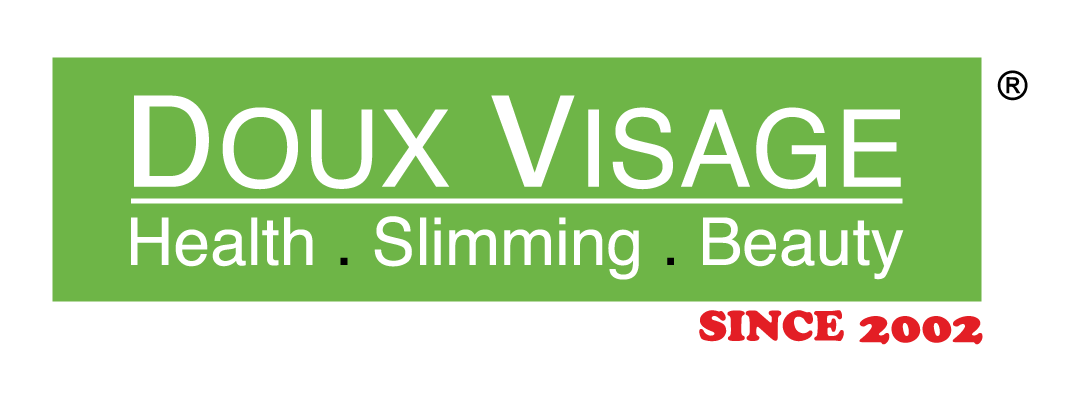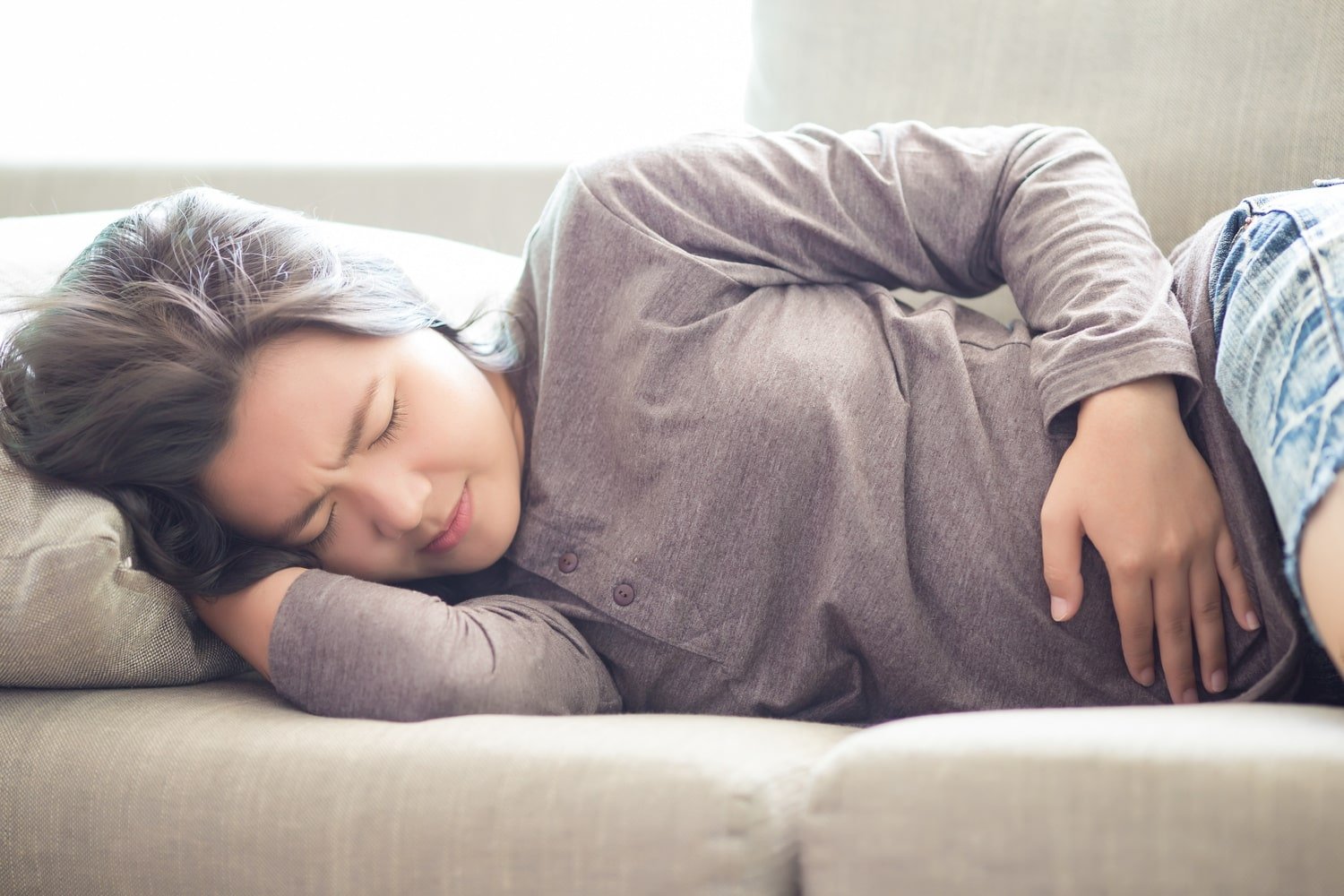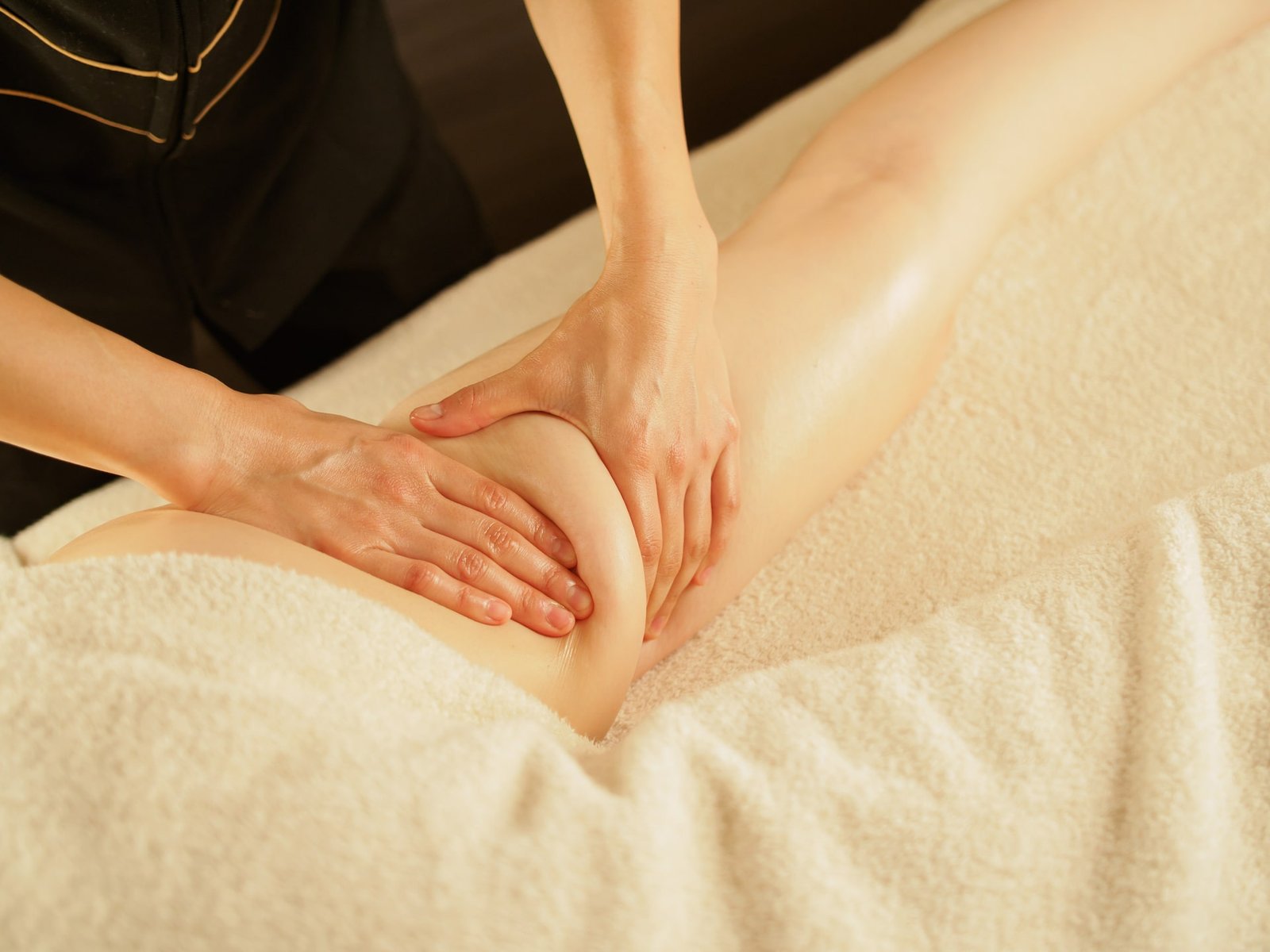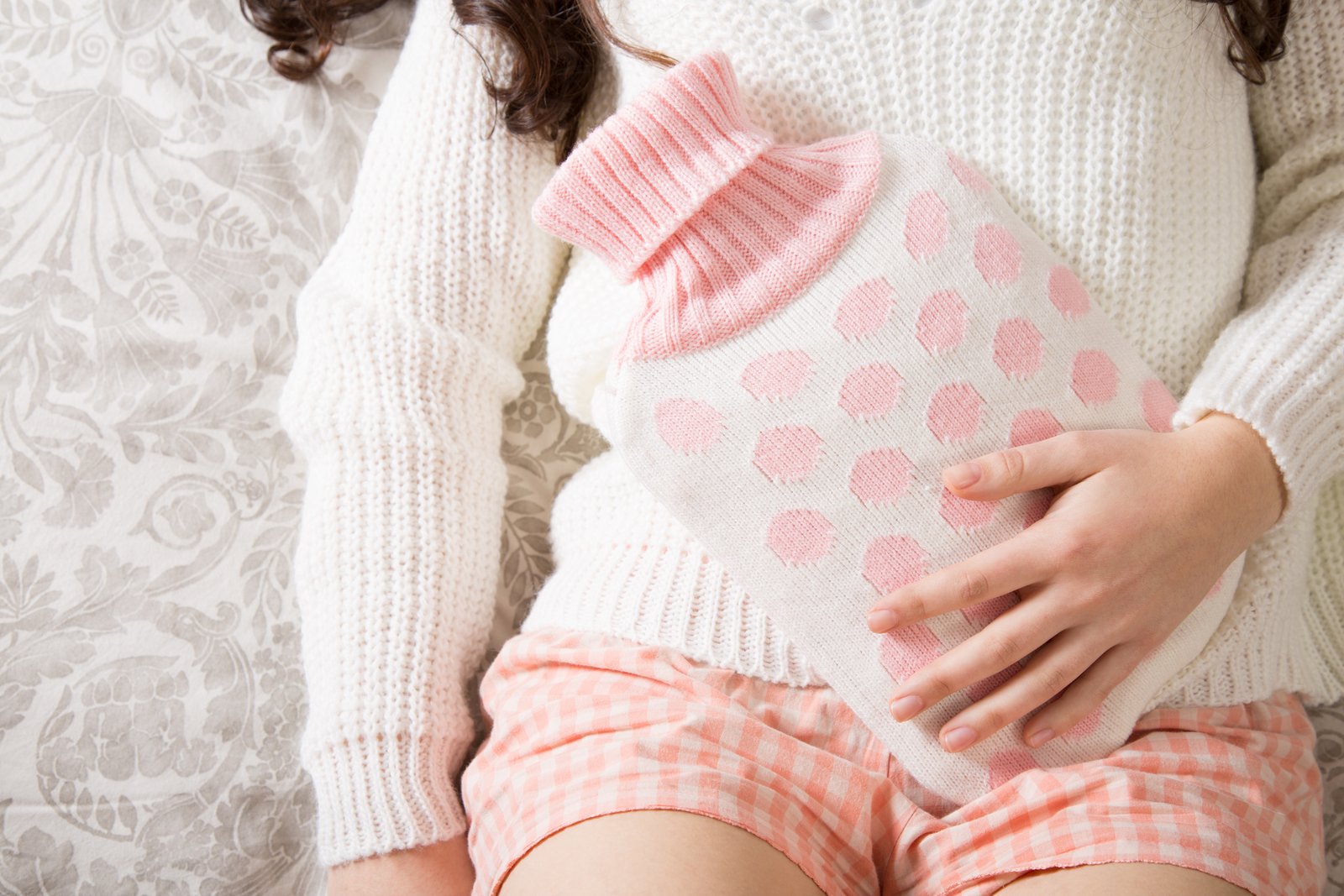Home » Can Natural Remedies Help Relieve PMS Symptoms Effectively?
TL;DR:
- Natural PMS treatments help rebalance hormones and ease monthly discomfort
- Mindfulness, hydration, and quality sleep support emotional and physical wellbeing
- Acupuncture, herbal therapy, and gentle movement like qigong improve circulation and calm the nervous system
- Consistency and lifestyle awareness are essential for long-term relief.
Are you struggling with mood swings, bloating, or fatigue every month before your period? These discomforts are more than just “part of being a woman”—they’re signals that your body may be out of sync.
While modern medicine often focuses on pain relief, many women today are exploring natural PMS treatment methods that harmonise both body and mind. Traditional Chinese Medicine (TCM) and holistic practices offer gentle yet effective ways to manage PMS by addressing its root causes, not just its symptoms.
Understanding PMS and Its Common Triggers
PMS, or premenstrual syndrome, refers to the physical and psychological changes that occur in the luteal phase of the menstrual cycle. It’s caused by hormonal fluctuations, primarily involving oestrogen and progesterone, but symptom intensity can vary greatly between individuals.
Why PMS Affects Every Woman Differently
In TCM, PMS is not viewed as a single condition but rather a reflection of imbalances within the body’s vital energy, or qi. For some, this may manifest as qi stagnation, leading to irritability or breast tenderness; for others, blood deficiency can cause fatigue or dizziness. Factors such as genetics, emotional wellbeing, diet, and sleep quality all shape each woman’s unique PMS experience.
How Stress and Habits Disrupt Hormonal Balance
Chronic stress, poor sleep, and irregular eating habits can disrupt the body’s natural rhythm, making PMS symptoms worse. From a TCM perspective, stress constrains the free flow of qi—particularly through the liver meridian—which is closely tied to hormonal regulation. When energy stagnates, it can affect digestion, mood, and overall vitality.
Why More Women Are Turning to Natural PMS Remedies
Modern women are increasingly seeking holistic PMS treatments because they provide more than symptom relief—they promote long-term wellness. Unlike pharmaceutical approaches that target specific discomforts, natural treatments for PMS aim to restore harmony between mind, body, and spirit.
Holistic and TCM-based methods recognise that PMS isn’t just hormonal. It’s also an energetic imbalance influenced by stress, environment, and lifestyle. By nurturing the body’s natural healing systems, these remedies can gradually reduce the frequency and severity of PMS symptoms without dependency on medication.
Ready to restore inner balance for calmer monthly cycles? Book a personalised consultation and begin your PMS relief journey today.
Top 6 Natural Treatments for PMS Relief
Balancing PMS naturally involves a combination of mindful practices, movement, and internal nourishment. Here are 6 gentle yet effective PMS treatment methods supported by holistic and TCM philosophies.
Mindfulness and Relaxation
Calming the mind helps regulate hormones by lowering cortisol and improving sleep. Practices like deep breathing, mind balancing treatment, meditation, and journalling encourage relaxation, supporting your body’s natural rhythm.
Hydration and Sleep
Dehydration and lack of rest amplify PMS symptoms like headaches, bloating, and mood changes. Drinking enough water, herbal teas, and maintaining a consistent sleep schedule can make a noticeable difference. In TCM, restorative sleep allows the liver and spleen to process stress and support hormonal balance.
Acupuncture and Meridian Massage
These TCM techniques target energy imbalances linked to PMS. Acupuncture helps regulate hormonal fluctuations by stimulating key meridian points, improving circulation, and easing cramps. Meridian massage focuses on releasing blockages and enhancing lymphatic flow, relieving bloating and tension.
Adrenal Gland Support
The adrenal glands play a key role in maintaining hormonal balance and managing stress—2 major factors that influence PMS symptoms. Through targeted adrenal gland treatments in TCM, therapies aim to restore qi flow and strengthen the body’s stress response.
Qigong and Tai Chi
These traditional Chinese exercises combine gentle movement, controlled breathing, and mindfulness to improve circulation and balance qi. Practising regularly can reduce emotional volatility, fatigue, and bloating, all while cultivating inner calm and resilience.
Herbal and Dietary Support
Chinese herbal medicine offers targeted support through formulas that strengthen the liver, nourish blood, and reduce stagnation. Applying herbs like dang gui, chasteberry, and davana from Vitex cream and Abdomen Care essence are common remedies for effective PMS management.
Additionally, a balanced diet rich in whole grains, leafy greens, and omega-3s further supports hormonal health and sustained energy levels.
Start Your PMS Relief Journey with Doux Visage’s Natural Therapies
At Dr Goh TCM & Health Management, a subsidiary of Doux Visage, you’ll find compassionate care rooted in Traditional Chinese Medicine (TCM) and holistic wellness. Our certified practitioners specialise in personalised TCM care, tailored to each woman’s unique hormonal patterns and lifestyle.
Whether through acupuncture, herbal therapy, or massage, each session is designed to bring comfort, balance, and harmony. If you’re seeking a natural PMS treatment that aligns with your body’s rhythm, contact us today and begin your journey toward calmer, more balanced cycles.



